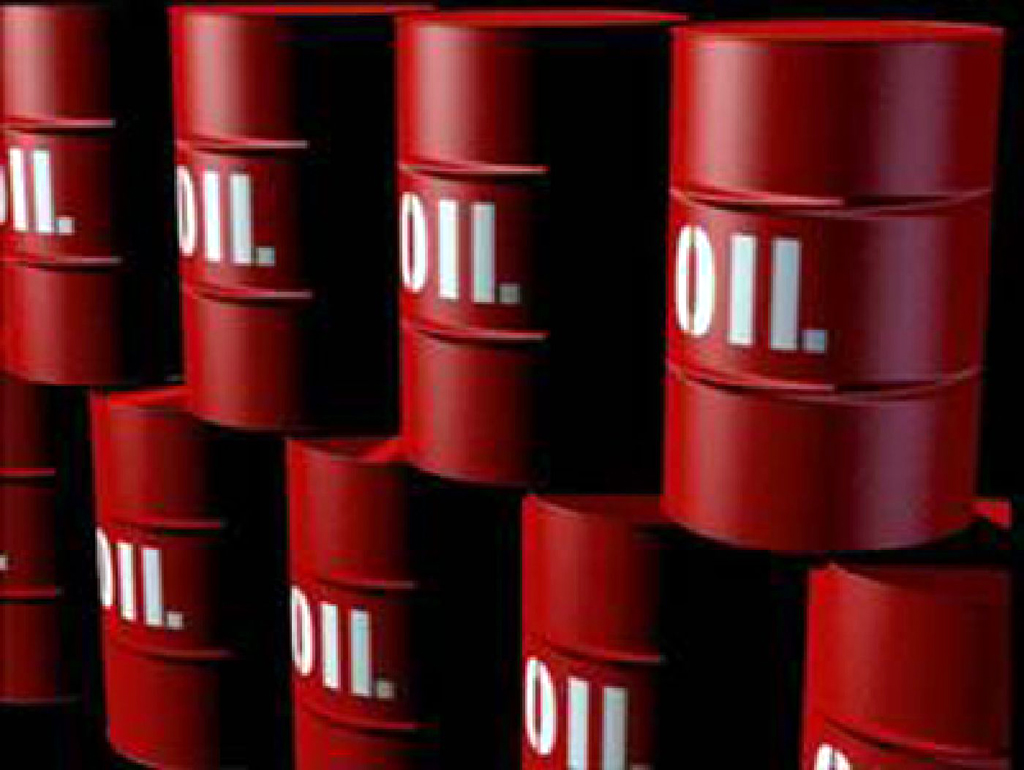Oil prices tick up ahead of US crude stock data

LONDON: Oil prices ticked up on Tuesday after the US market open on anticipation that data due later would show crude stocks there declined, erasing earlier losses linked to concerns over waning demand
Benchmark Brent crude futures were up 32 cents at $65.18 a barrel by 1353 GMT.
US crude futures rose 24 cents to $58.14 a barrel.
Sending a bullish signal, a preliminary Reuters poll showed on Monday that US crude oil inventories likely fell for a second consecutive week last week.
The numbers came ahead of crude stock data from the American Petroleum Institute (API), an industry group, at 2030 GMT on Tuesday, and the Energy Information Administration (EIA), an agency of the US Department of Energy, due on Wednesday.
"The market is waiting for inventory data later today. If we get a signal that declines are continuing that will be positive," for oil prices, said Giovanni Stauvono, analyst at Swiss bank UBS.
Weighing on prices, hopes for progress in the trade war between China and the United States during this week's G20 meeting were dampened by a senior US official saying President Donald Trump was "comfortable with any outcome" from the talks.
"The likely failure to reach a mutually acceptable trade agreement will raise demand concerns that will dishearten oil bulls," PVM analyst Tamas Varga said in a note.
Demand concerns were briefly overcome last week when Brent climbed 5% and US crude surged almost 10%, its strongest week since 2016, after Iran shot down a US drone, adding to tensions stoked by previous attacks on oil tankers in the area.
Washington has blamed the tanker attacks on Iran, which denies having any role.
US President Donald Trump targeted Iranian Supreme Leader Ayatollah Ali Khamenei and other top Iranian officials with sanctions on Monday. Iran said this move closed the path of diplomacy.
Meanwhile, the Organization of the Petroleum Exporting Countries and its allies including Russia appear likely to extend a deal on curbing output when they meet on July 1-2.
Russian Energy Minister Alexander Novak said international cooperation on crude production had helped stabilise oil markets and was more important than ever. He also voiced concerns about demand.
The chief executive of Saudi Aramco, the state oil firm of OPEC's de facto leader, said its spare capacity of 12 million barrels per day (bpd) was sufficient and that it would meet its customers' needs.
US sanctions on Iran and Venezuela have cut oil exports from the two OPEC members, but US production has been rising.























Comments
Comments are closed.